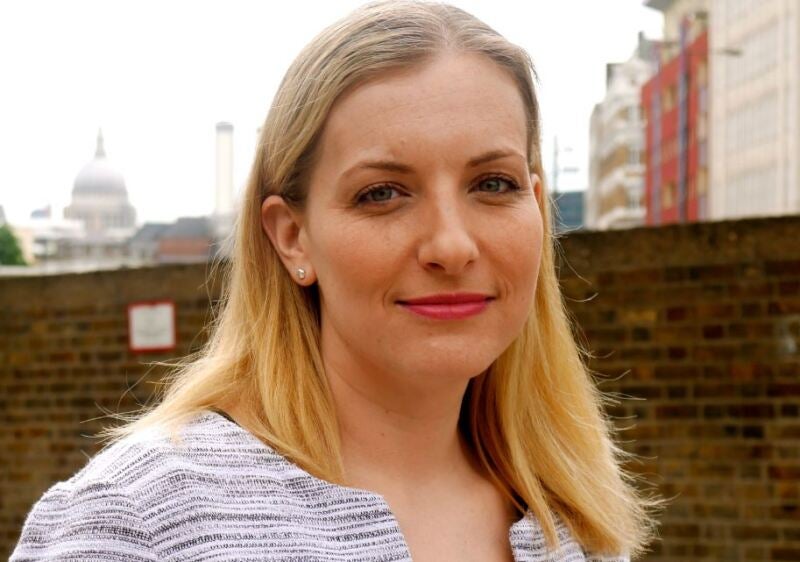
Free speech campaign group Reporters Without Borders (RSF) is concerned that Government threats to crack down on encryption technology could make it harder for investigative journalists to keep their sources safe.
Prime Minister Theresa May spoke out about the need to “regulate cyberspace” after the 3 June London Bridge terror attack.
RSF London bureau chief Rebecca Vincent told Press Gazette: “Theresa May’s recent comments about the internet are worrying, especially following Amber Rudd’s previous remarks that tools that use end-to-end encryption such as Whatsapp are ‘completely unacceptable'”.
“RSF is concerned that restrictions on the use of encryption tools might be on the horizon, which is even more damaging in the light of the vast surveillance powers the government has gained through the Investigatory Powers Act. It is part of a worrying broader trend of moves to restrict press freedom in the UK”.
The Investigatory Powers Act (IPA) was passed by parliament in November 2016 and gives the state widespread powers to conduct electronic surveillance.
Vincent has previously warned the IPA could serve as a “death sentence for investigative journalism in the UK” because it lacks “sufficient mechanisms to protect whistleblowers, journalists, and their sources”.
She told Press Gazette: “This Government is making it harder and harder for journalists to do their jobs, in particular investigative journalists who need to use secure forms of communication. As with the IPA, such measures undermine the ability of journalists to protect their sources and carry out effective investigations into sensitive topics that are in the public interest”.
RSF has said it welcomes the Conservative party’s manifesto pledge to repeal Section 40 of the Crime and Courts Act 2013 and not to proceed with part two of the Leveson Inquiry. But, Vincent said, RSF will be monitoring the situation closely to ensure that these pledges are fulfilled.
She also welcomed the fact that repealing the Human Rights Act won’t be revisited until after Brexit – but reiterated that this is a move which RSF opposes altogether. The HRA currently provides protection for journalists and others by setting out the right to freedom of expression.

Vincent said: “It doesn’t appear to be something they are moving forward with imminently. But we are really alarmed by the idea that such a law could see journalists and bloggers labelled as spies and possibly jailed for up to 14 years for receiving leaked information”.
A decision is expected at the end of the year on whether the Government will proceed with the proposed shake-up of Official Secrets legislation.
Vincent said: “We would very much like to see this proposal scrapped. If such legislation had been in place when the Guardian’s 2013 Snowden revelations came out, the journalists involved in those stories could have been sent to jail.
“It would have an immediate chilling effect and restrict the ability of journalists to do their jobs in the UK”.
Vincent also said that some of the recent public comments by UK government ministers are a “cause for concern”, not least because “other countries around the world look to the UK to set an example on press freedom and other human rights issues”.
She cited the statement from Leader of the House of Commons Andrea Leadsom that journalists should be more “patriotic” when it comes to covering Brexit and foreign secretary Boris Johnson’s recent suggestion that “people have had enough about this freedom of speech stuff”.
Vincent also said that RSF continues to press the UK government to return the passport of exiled Syrian journalist Zaina Erhaim. It was seized by UK border officials in September at the behest of the Assad regime and has left her at risk, restricting her ability to move around the world freely.
Vincent warned of the “precedent it sets for Syrians and other critical journalists and activists travelling to the UK” and said it still needs to be addressed.
Overall, she said: “The UK fell down the World Press Freedom Index last year and we would like to see it climb back up rather than drop further”.
This piece was produced in association with Reporters Without Borders which is a sponsor of the British Journalism Awards.
Email pged@pressgazette.co.uk to point out mistakes, provide story tips or send in a letter for publication on our "Letters Page" blog

